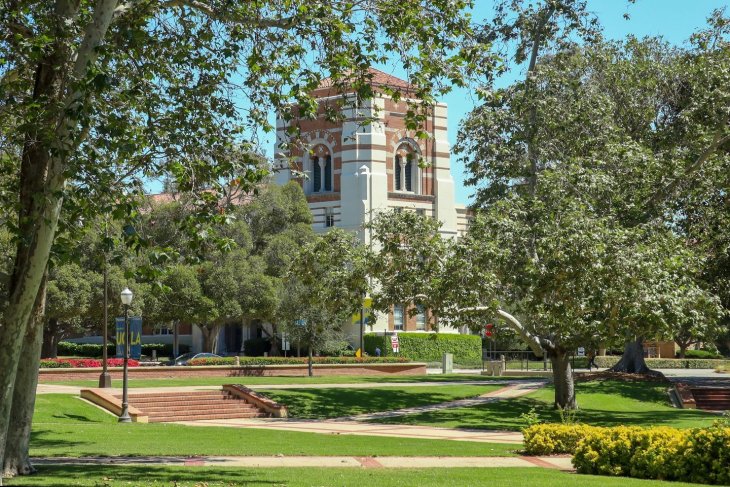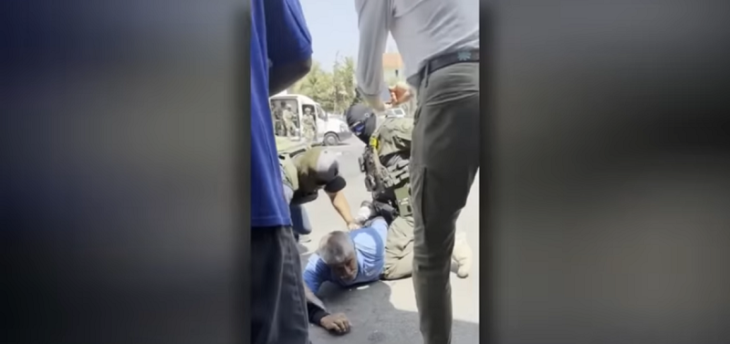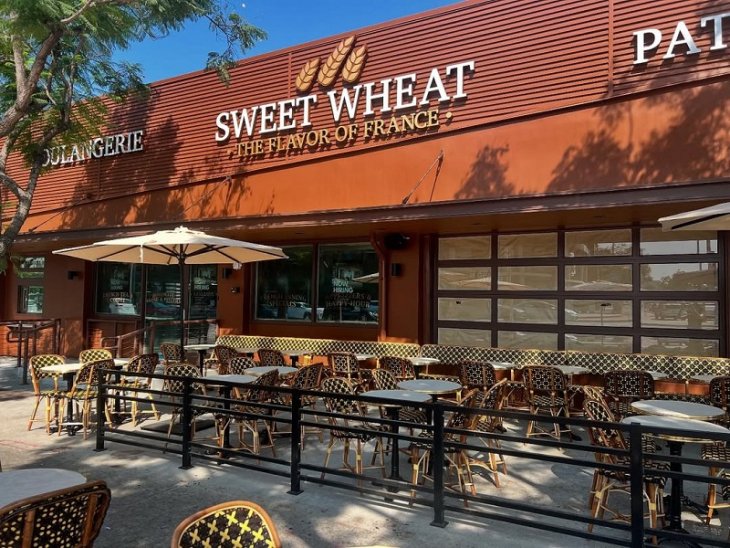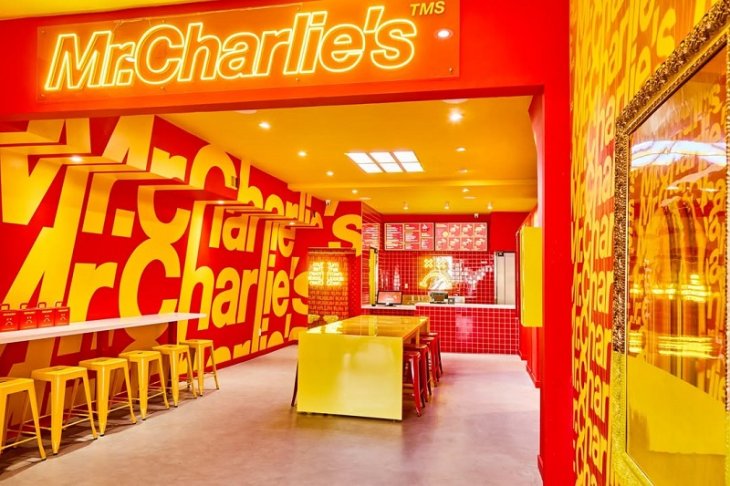
Mayor Eric Garcetti was part of a delegation that met with U.S. Olympic Committee officials in Colorado Springs yesterday as part of
the city’s effort to become the nation’s bidder for hosting the 2024 summer games.
Boston, Washington and San Francisco are also in the running and also sent representatives to meet with USOC CEO Scott Blackmun and committee chair Larry Probst.
Blackmun said after the briefing with the four cities’ teams that “everyone involved believes we’re getting closer to a decision.”
The USOC will likely pick a city in time to make a submission in 2015. A host city for the 2024 Summer Olympics is expected to be made in 2017.
“Each city has necessarily evaluated how hosting a Games in its community fits into the long-term plans for that city, but equally exciting to me is the universal commitment to making a positive contribution to worldwide sport and the Olympic and Paralympic movements,” Blackmun said. “That’s something I truly believe a Games hosted in the U.S. can do, and I’m excited
about the potential.”
Garcetti flew to Colorado Springs Thursday night to take part in the meeting. He was joined by Deputy Mayor Doane Liu, sports and media executive Casey Wasserman and sports attorney Jon Oram.
The delegations toured the Olympic Training Center and discussed infrastructure and financing required to host the Olympics.
If Los Angeles is chosen to make the U.S. bid, and is ultimately chosen as host, it would become the first American city to stage the Games three times and be tied with London as the only worldwide city to do so. Los Angeles hosted the Summer Olympics in 1932 and 1984.
If a U.S. city is selected for the 2024 Olympics, it would be the first time since the 1996 Atlanta Games that the Summer Olympics have been held in this country. The 2002 Winter Games were held in Salt Lake City.
The cost of hosting an Olympic Games could exceed $3 billion, Blackmun said last year when the organization sent out feelers to mayors of 35 U.S. cities considered potential hosts.
Host cities are required to provide at least 45,000 hotel rooms, an Olympic Village with rooms for 16,500 people and a 5,000-person capacity dining area, space for 15,000 media and broadcast representatives, an international airport able to handle thousands of international travelers per day, and public transportation to venues.





















